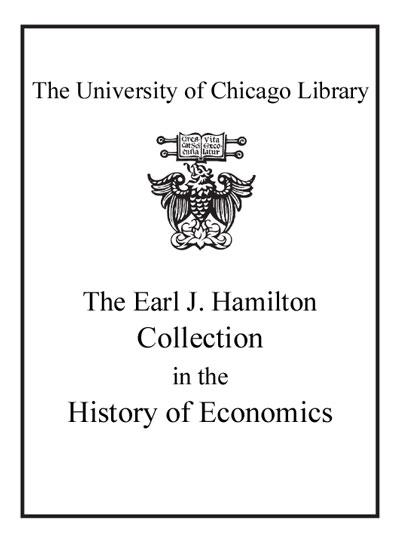| Summary: | "This history of the anarcho-syndicalist trade union, the Confederacion Nacional del Trabajo, analyses a period much neglected in historical research: from the end of the Civil War in 1939 to the period of democratic change from 1976 to 1979, when the organisation was reconstructed after Franco's death. The Franco years were characterised by extraordinary division within the CNT and by the bureaucratisation and ossification of the organisation now part in exile in France. The decimation of the Spanish CNT in 1947 by draconian repression enhanced the role of the exiled CNT, which was now the sole representative of the historic Anarchist movement in Spain. The moribund notion of Anarchism held by the exiled organisation could not attract recruits, and thus new forces drawn to Anarchism in 1960s Spain came through different routes, related, in large part, to the crisis within Marxism. Some of these local activists became convinced of the possibility for a reconstructed CNT, but only if the organisation were 'renewed'. However, the exiled CNT opposed such ideas and used all possible means to undermine the movement for a 'new CNT'. Although the reconstruction of the CNT from 1976 was characterised by the struggle between these two principal forces, the Spanish CNT captured the feelings and enthusiasm of Spanish youth, after the long dark night of Francoism. The 'libertarian boom' was short-lived however, and by 1978 the CNT was in deep crisis, calling for the dissolution of the exiled organisation. The latter, and its allies in Spain, could not allow such a development and 'organised' the Congress of 1979 to prevent this happening. The subsequent irrevocable division of the CNT sheds lights on the political, social and economic fractures that Spain still experiences today"--
|
|---|

